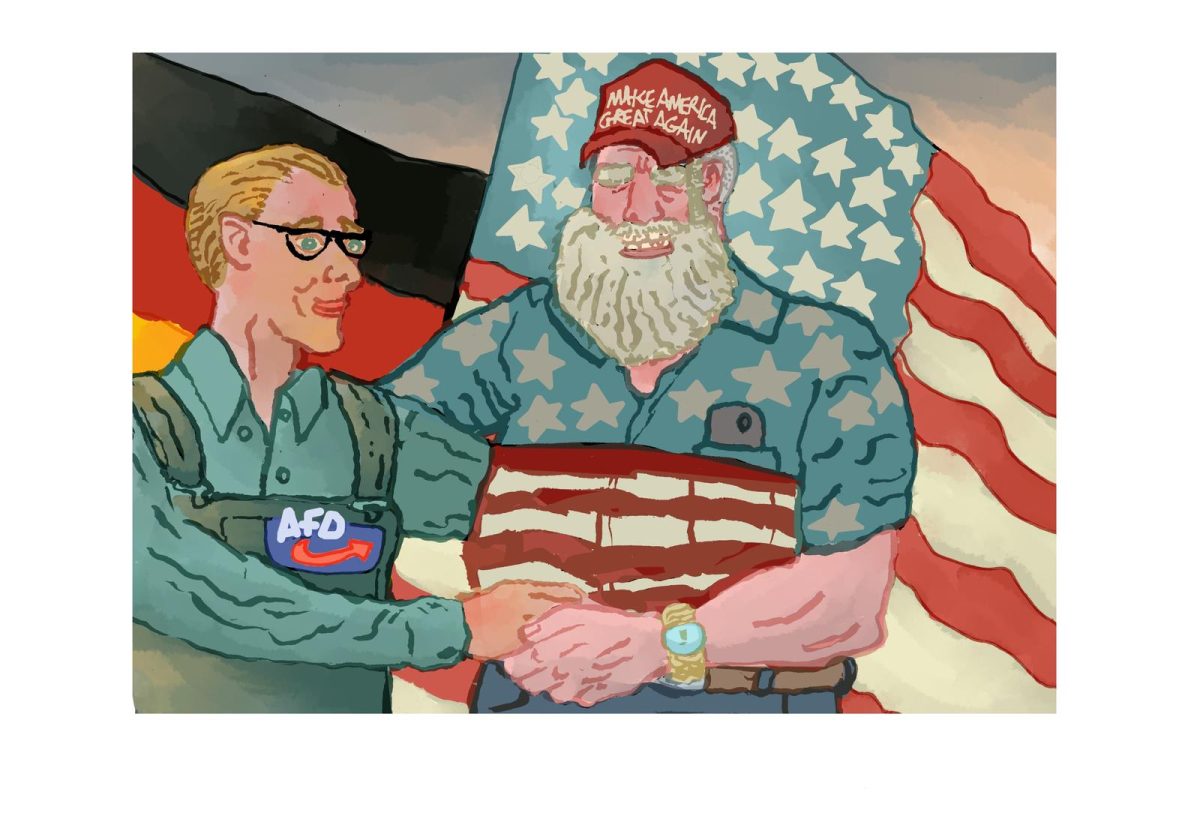There are two ways that I classify a college fraternity member. To the naked eye, the “Fraternity Gentleman” and the “Frat Guy” will appear to be similar. They’re wearing Sperry Top-Siders, tank tops or polo shirts, khakis, Ray-Bans and that winning smile that one earns from gaining experience with the most wonderful of friends and memories. Though they look similar in outward appearance, internally there are critical differences.
The “Frat Guy” is primarily concerned with having fun, and bringing joy to his life. He wants to go out on the weekends and have drinks with friends. He wants to go to every sorority event and talk to as many girls as he can. He has little to no regard for his physical health and he’ll deal with the hangovers. He treats his relationships the same as the beer cans he drinks from: they’re expendable.
The “Frat Guy” can be found in the gym pumping weights to get shredded. You’ll see him drinking pre-workout and post-workout. He wants his pecs to look extra-defined for his next Instagram update. He cares about his grades, but only enough to maintain his 2.65 GPA to stay in the frat. Why should he try harder when everyone around him is only maintaining the bare minimum as well?
There isn’t anything wrong with the “Frat Guy” if that is the way he chooses to live his life. There is no reason to criticize him. Anyone can live their life however they want to, and if the “Frat Guy” chooses materialism and superficiality over genuine experiences and authenticity, then that is his choice. We are not at liberty to judge or condemn his way of being.
However, he may have to suffer the consequences of his actions, or lack thereof, later down the road. This is a road that the “Fraternity Gentlemen” is all too familiar with. He knows what the road is paved with, what’s going to spring up along the road and when, and what he needs to do in order to be prepared for road conditions.
This road is the road of the post-modern post-grad life. The “Fraternity Gentlemen” pays attention to his future makes the most of every present moment to achieve the future he wants. He knows that the more energy he invests in his studies, the more he will get out of them.
The “Fraternity Gentlemen” understands that learning does not stop after he leaves the classroom. True learning happens outside of the classroom through the application of critical thinking learned from a classroom and then being applied to hands-on experiences. He also understands that making mistakes, failing, and stumbling along this road is allowed.
When you allow yourself to make mistakes, and then learn from them, these can be the lessons worth more than tuition at any university. The “Fraternity Gentlemen” is in a state of mind where he accepts that he doesn’t know everything. He appreciates the fact that he can learn many things from different people.
The “Fraternity Gentlemen” understands that his actions are responsible for the environment he creates around him. He strives to treat everyone equally and wants everyone to treat him the same. He has a smile that is seemingly contagious. It is not that he makes other people smile, it’s that he smiles because he enjoys seeing other people happy.
Through learning, he has come to understand that true success does not come from manipulating others to satisfy his materialistic needs, but that it comes from inspiring others to satisfy each others’ creative needs! His success doesn’t come from making himself better, it comes from making others better! Instead of holding onto opportunities for himself, he wants to offer others the opportunity to lead and is never afraid to give credit to another person when necessary.
Love, learning and the brotherhood of mankind (including women) are his mantra. He would give rather than to take. He is quick to compliment and slow to criticize.
The “Fraternity Gentlemen” cares deeply for his friends, and wishes for them to succeed, and celebrates when they do, instead of being envious. He understands that learning is an ongoing process and that to know everything he should in order to be prepared for post-grad life, he must always be in a state of constant learning.
Instead of using his energy to gain acceptance and validation from others, he uses his energy toward himself and realizes that the only person he needs acceptance from is himself.






